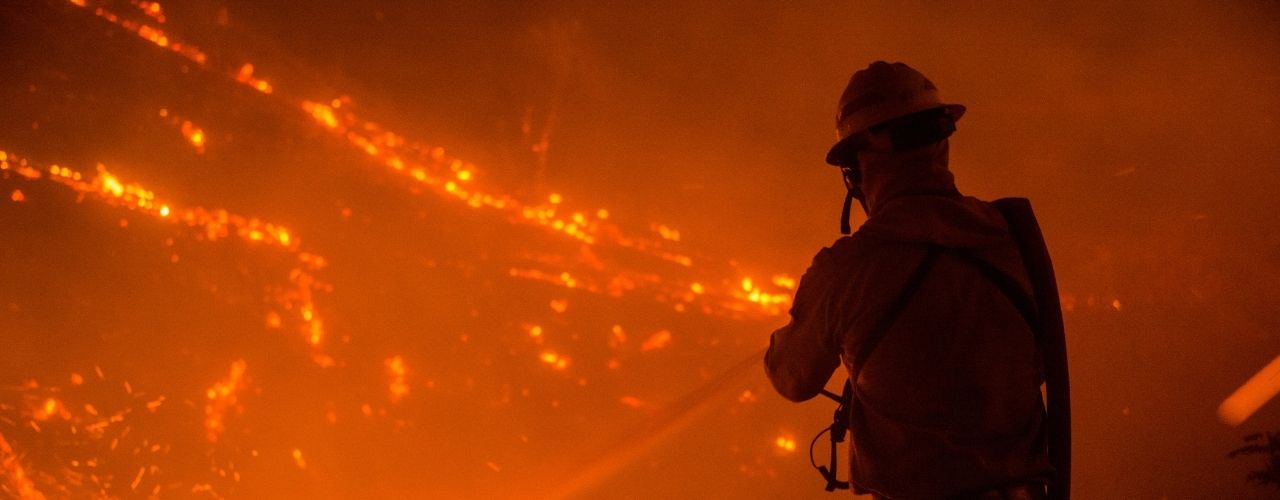If you are a wildland firefighter, you know that the job isn’t for everyone. It’s physically demanding and can be dangerous at times. However, there are some health complications wildland firefighters should know about that can impact them later down the road. This article will introduce you to some of the health complications that you’ll need to watch out for.
Heatstroke
Heatstroke occurs when your body temperature rises too high. This may happen if you work in extreme temperatures or don’t drink enough water during wildland firefighting operations. Symptoms include feeling weak, dizziness, headache, nausea, vomiting, sweating, confusion, seizures, unconsciousness, and even death in extreme cases. The best way to prevent heatstroke is to stay hydrated by drinking plenty of fluids before, during, and after working outside.
Mental Stress
Wildland firefighters deal with mental stress every day. You may feel stressed out because of the dangers involved in fighting fires, the horrors of the job, and ensuring that innocent people are safe. Mental stress can cause physical problems, such as headaches, backaches, digestive disorders, insomnia, anxiety attacks, depression, and heart disease. Your doctor can help you manage any mental stress you experience.
Hearing Loss
The noise produced by heavy equipment used by wildland firefighters can damage your hearing over time. If you have worked as a firefighter for more than 10 years, you should consider visiting an ENT specialist to check whether you have hearing damage.
Vision Impairment
Long-term exposure to smoke, dust, fumes, chemicals, and other harmful substances can also affect your eyesight. Even though wildland firefighters typically wear face protection, this is still possible. See your optometrist right away if you develop eye irritation, redness, watering, blurred vision, or double vision. They can test your eyes and prescribe corrective lenses if needed.
Skin Cancer
As a wildland firefighter working outdoors, you constantly expose your skin to the sun’s rays, eventually leading to skin cancer. What makes it even worse is melanoma (skin cancer) can form in areas where you’ve been burned or cut. Melanoma usually appears as brownish spots or dark patches on your skin. If you notice new moles or blackened patches on your skin, you should see your dermatologist immediately. Try to use sunscreen whenever possible to prevent this.
Conclusion
These are some of the more common health complications wildland firefighters should know about, but there are many others. They may affect your overall health and well-being, so you need to do what you can to protect yourself by utilizing all the protective equipment that wildland firefighters use. That way, you’re as safe as possible from the dangers that await.





